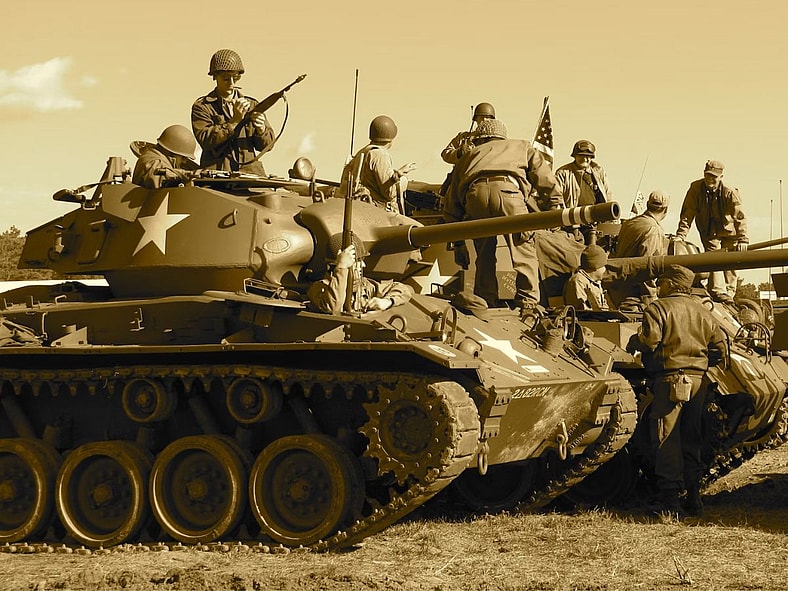
There’s very rarely a time when there is no war in the world, unfortunately. And while it’s often talked about casually, the catastrophic effects that it has on countries are astronomical. So, what are the most common reasons why countries go to war so often? While this isn’t the reason every time, and this generalizes a lot of conflict, let’s look into the most common reasons to get a better understanding.
5. Revenge

This might sound like a movie, but revenge is a common reason why countries go to war so often. Countries that seek to punish, or simply strike back at another country for a slight, can be a major factor in war. This also relates to nationalism, as people of a country that has been wronged are motivated to fight back by pride. Unfortunately, though, this often can lead to an endless chain of retaliation between countries.
This type of reason is seen in the Boudican Revolt, World War II (1939-1945), and the War in Afghanistan (2001-2021).
Related: Key Leaders of World War II and Their Legacy
4. Nationalism

Nationalism, which was mentioned in the previous reason, essentially means attempting to prove that your country is superior to the other by violence. This is an act of pride and spirit. This can also be linked to racism, as seen in Hitler’s Germany.
Wars that were fought for nationalism include the Yugoslav Wars (1991-2001), World War I (1914-1918), and the Italo-Ethiopian Wars (1935-1936).
Check Out: Deadliest Wars In History: From World Wars to Civil Wars
3. Religion

Similar to nationalism, where thinking one side is superior to the other, religion is another common factor as to why countries go to war. These conflicts often have deep roots. While different religions fighting against each other can cause war, even different sects within a religion, like Protestant and Catholic, can create wars.
Religious war examples include the Crusades in the Holy Land (1095-1291), the Greek War of Independence (1821-1829), and the Lebanese Civil War (1975-1990).
Also Read: The Longest Wars in History (And How They Finally Ended)
2. Territorial Gain

The next two are more common reasons why countries go to war so often, with the first being territorial gain. This essentially means wanting more land, either to live in, for agriculture, or for other purposes. Proxy wars are related to this, which are conflicts that are fought indirectly between opposing powers in a third country, which was common during the Cold War.
Examples of this include the Roman Conquest of Britain (Beginning AD 43), the Mexican-American War (1846-1848), and the Serbo-Bulgarian War (1885-1886).
Read More: Brutal Facts About World War II That Will Shock You
1. Economic Gain

If not territorial gain, then economic gain is another one of the most common reasons why countries go to war. This is essentially caused by one country’s wish to take control of another country’s wealth. In modern times, this can be seen as trying to take over oil, minerals, and materials used in manufacturing.
Common examples include the Anglo-Indian Wars (1766-1849), the Opium Wars (1839-1860), and the Japanese Invasion of Manchuria (1931-1932).
